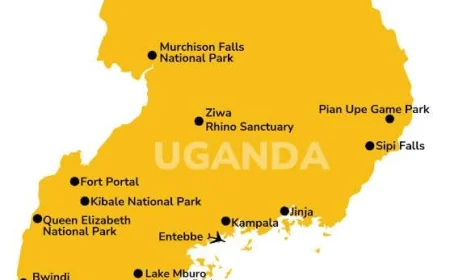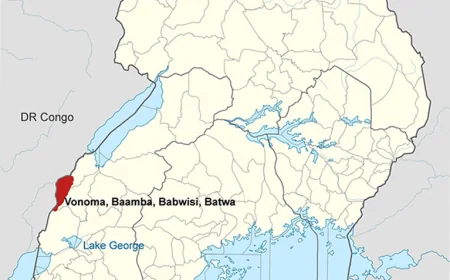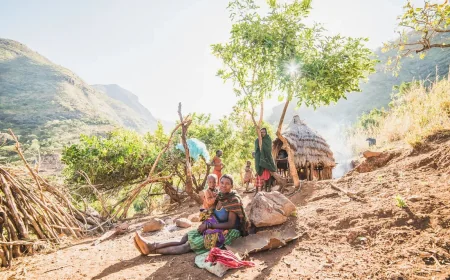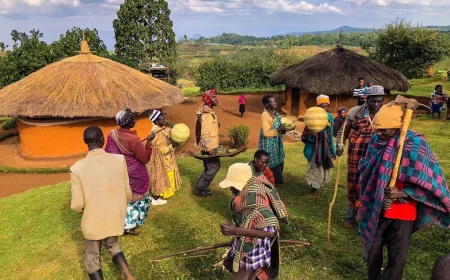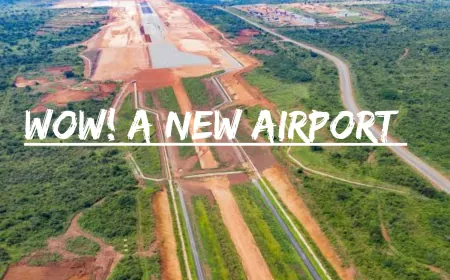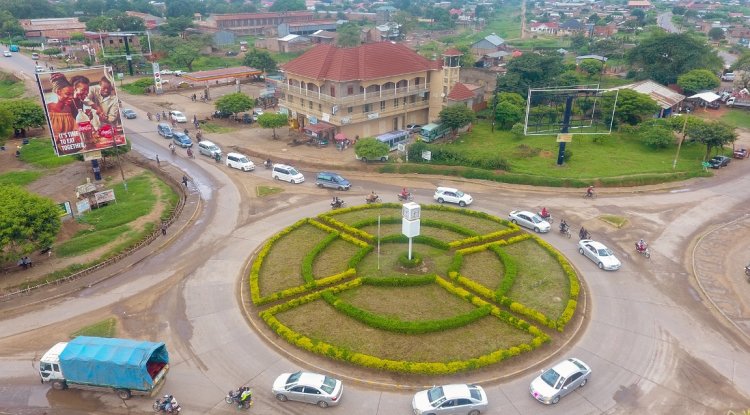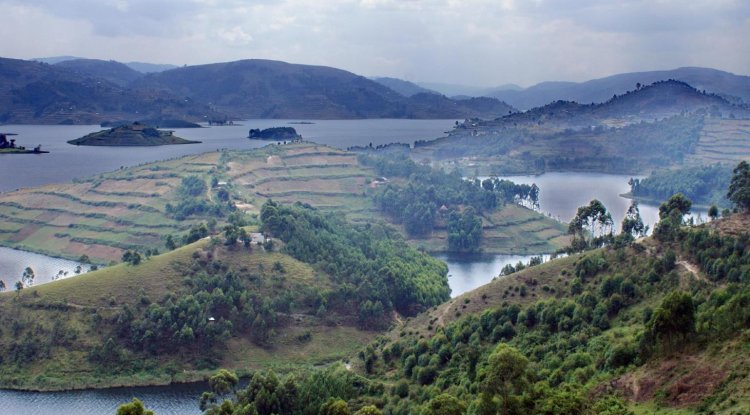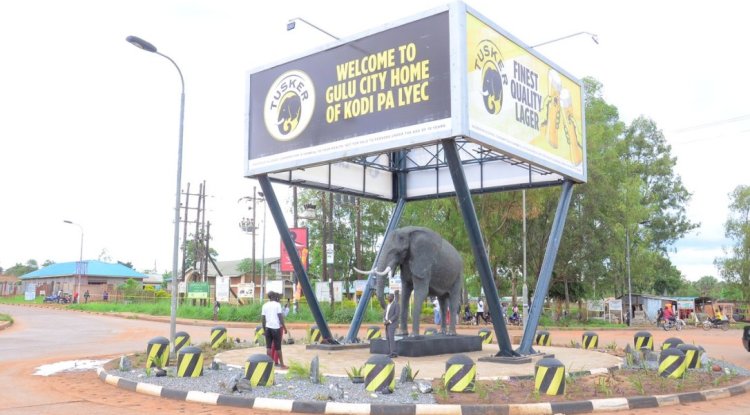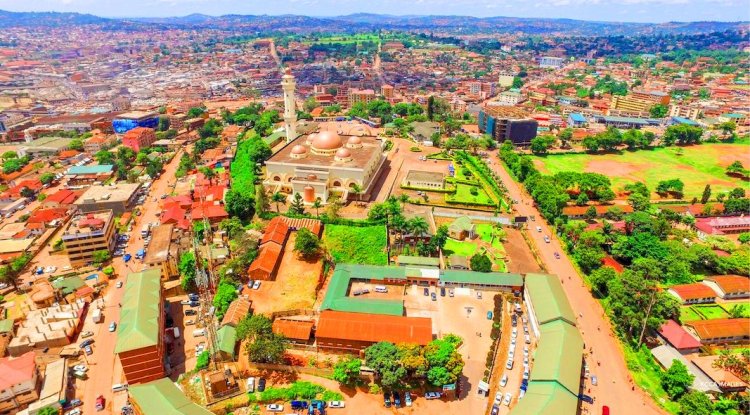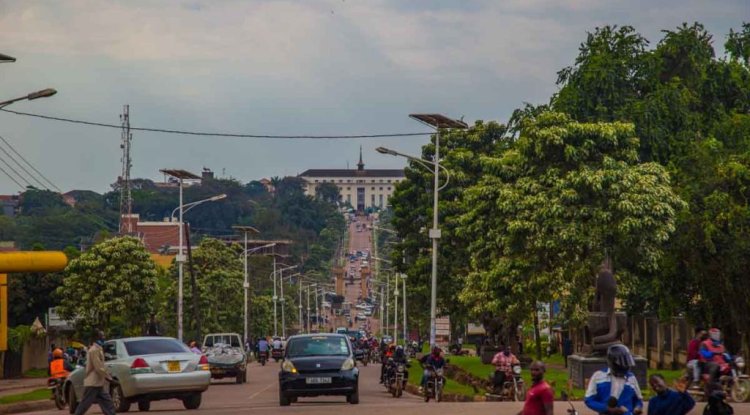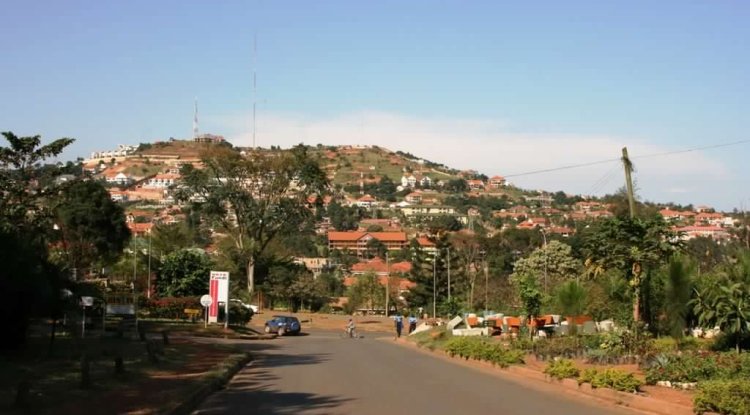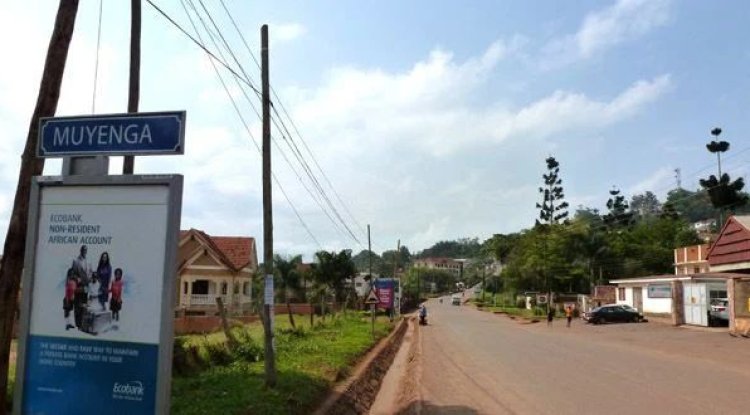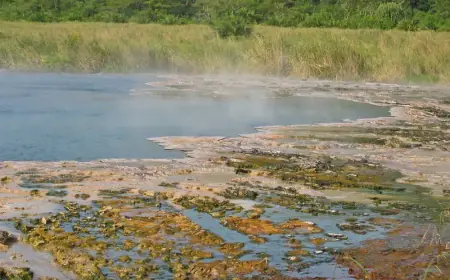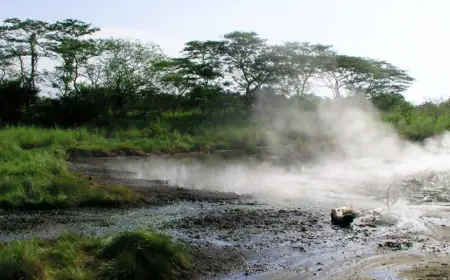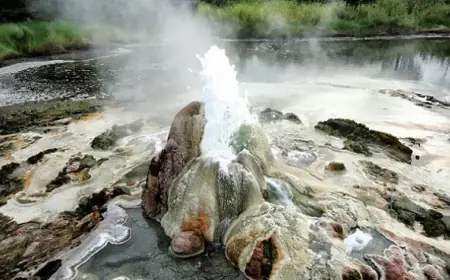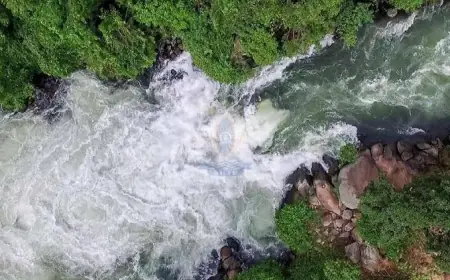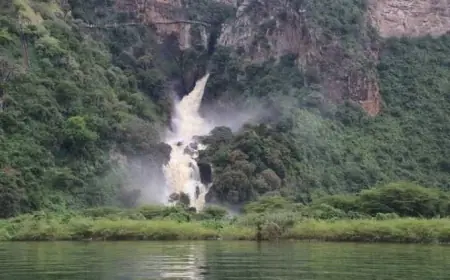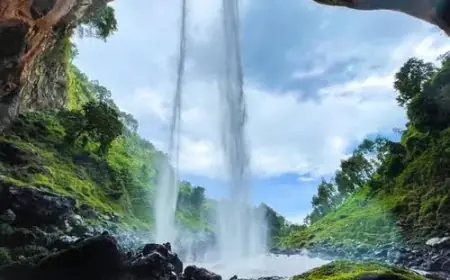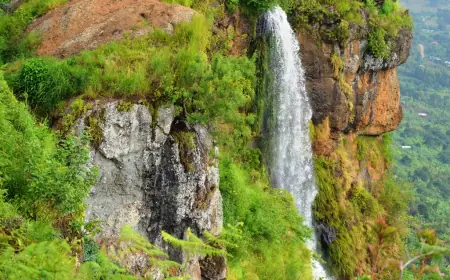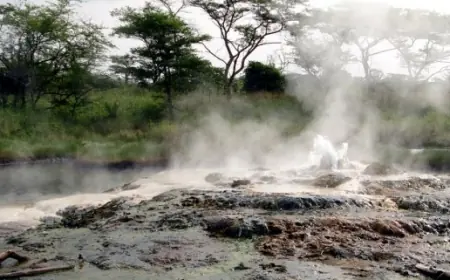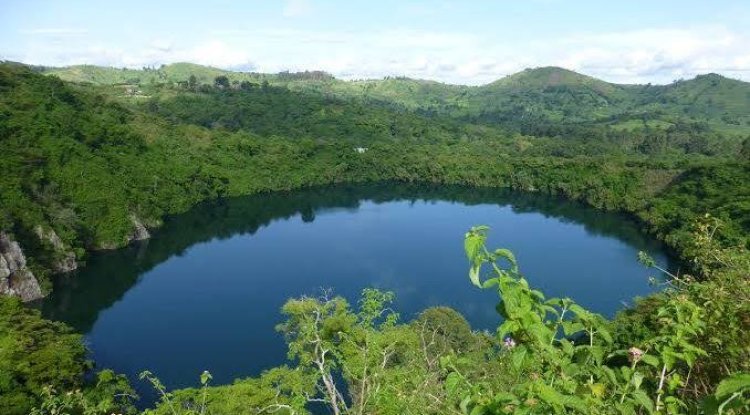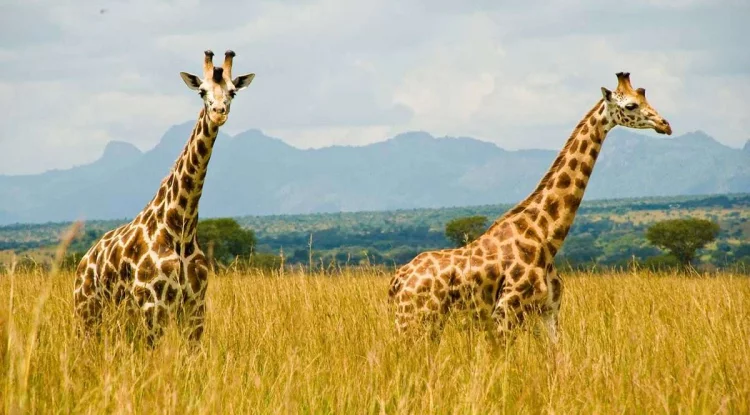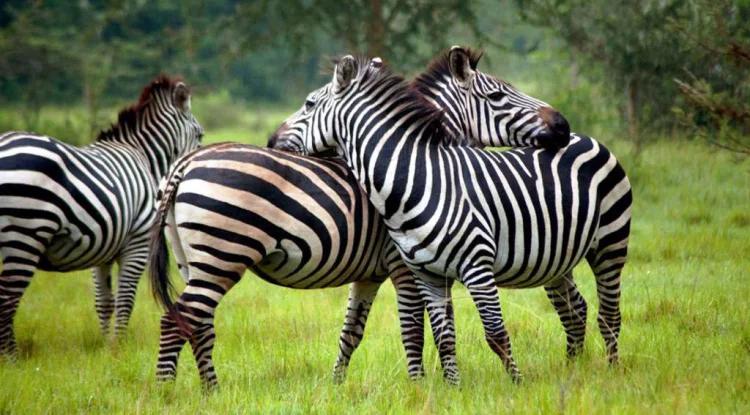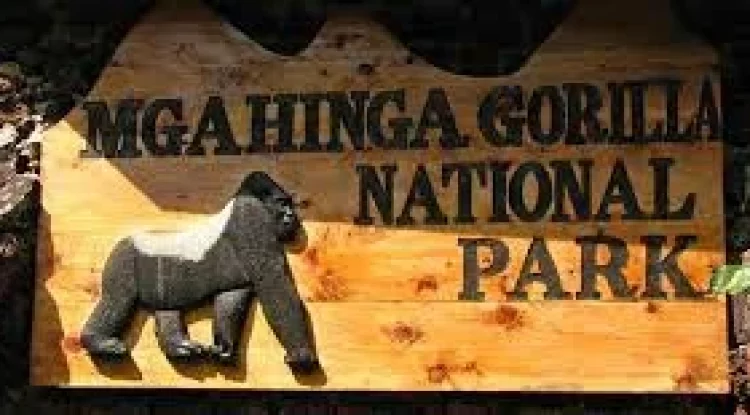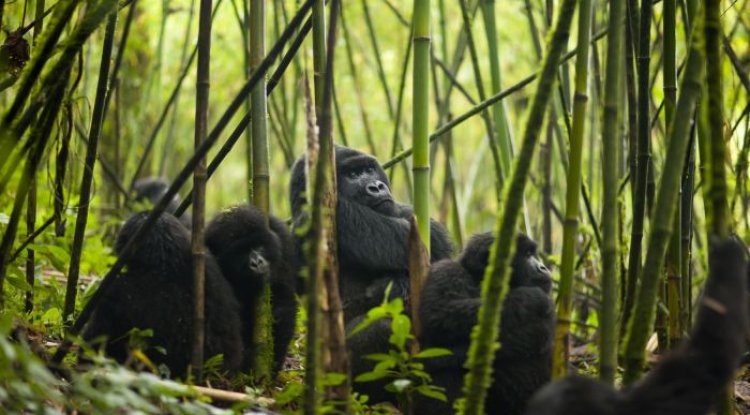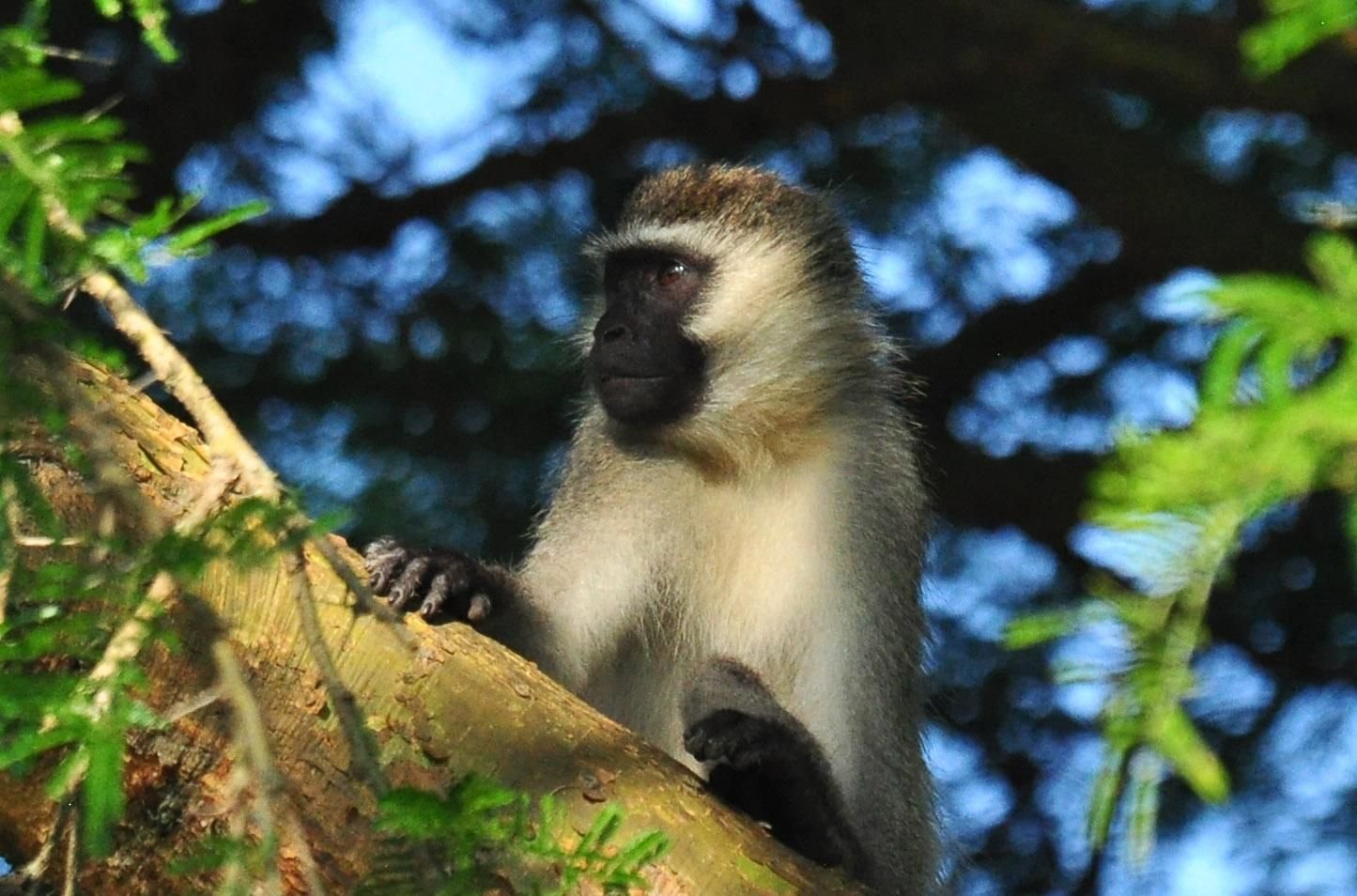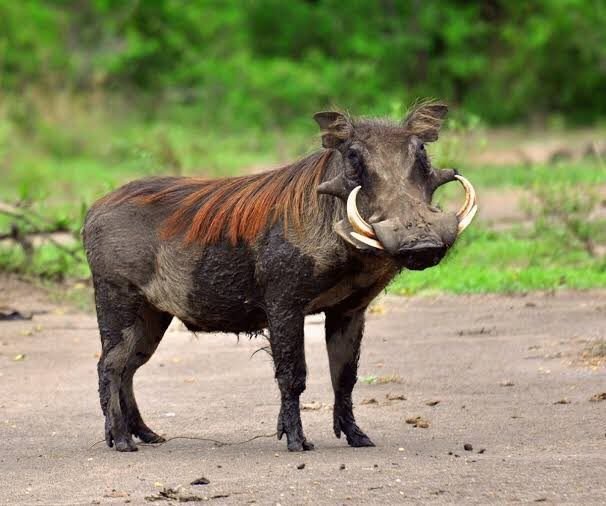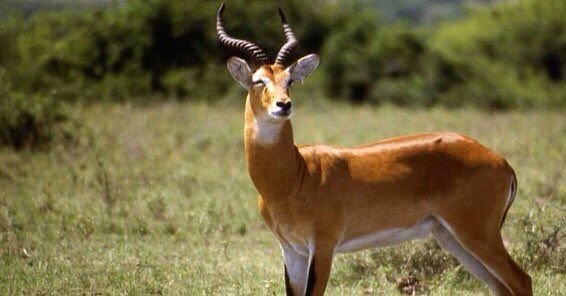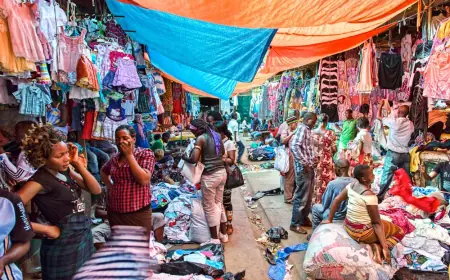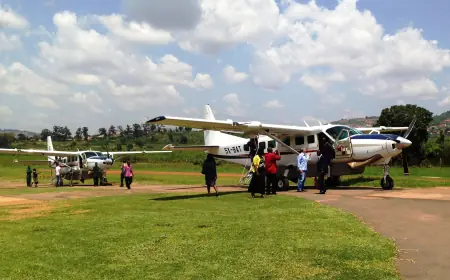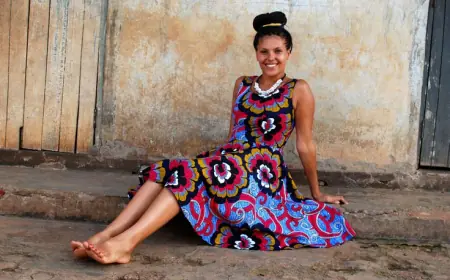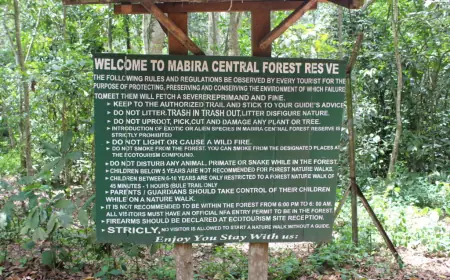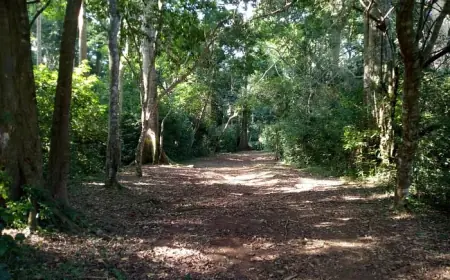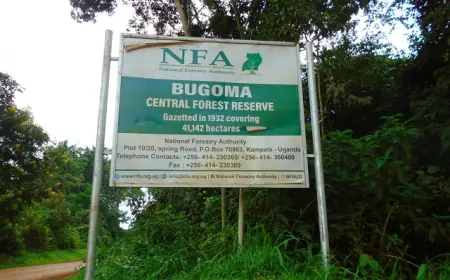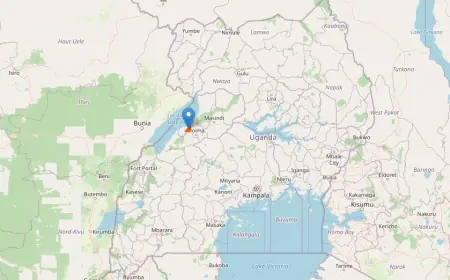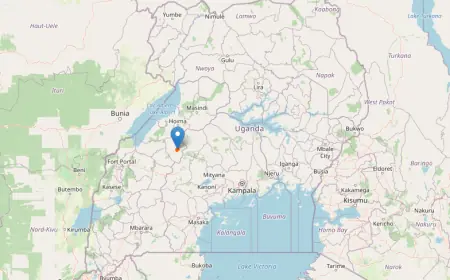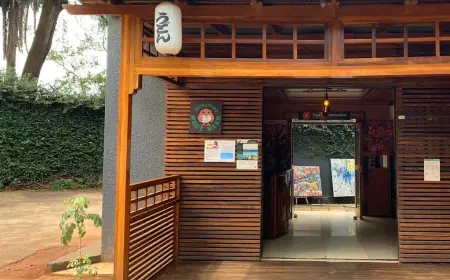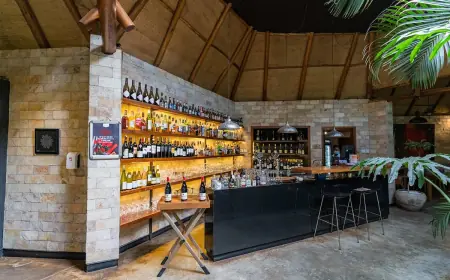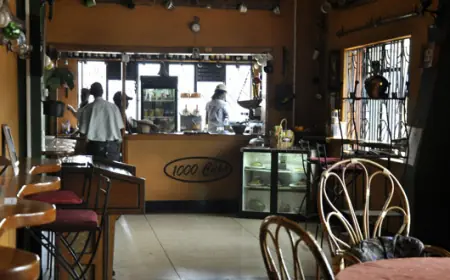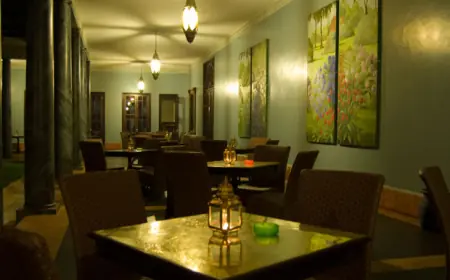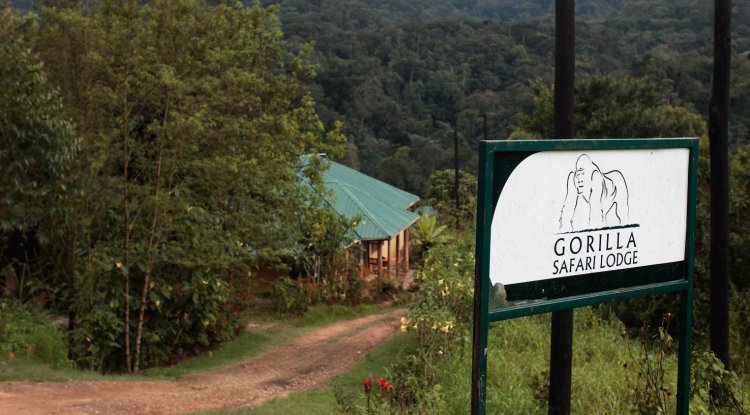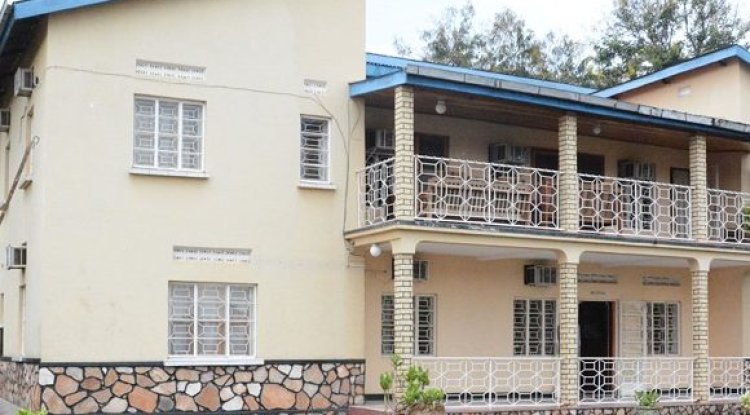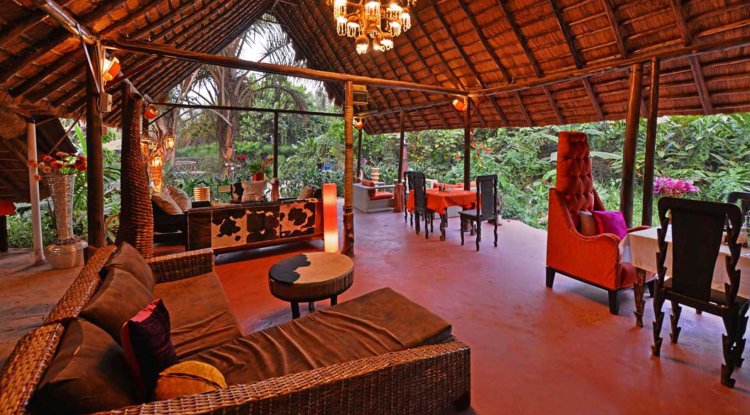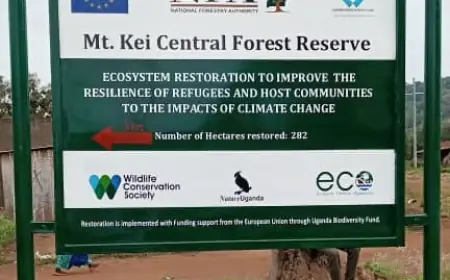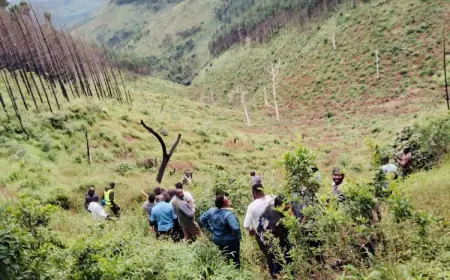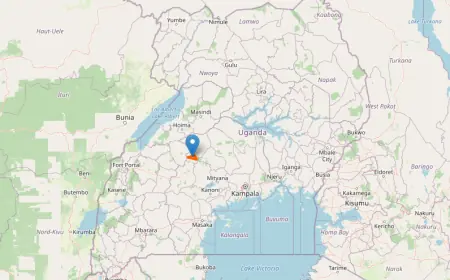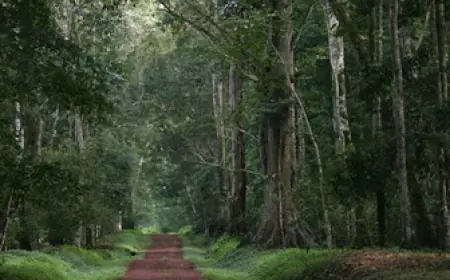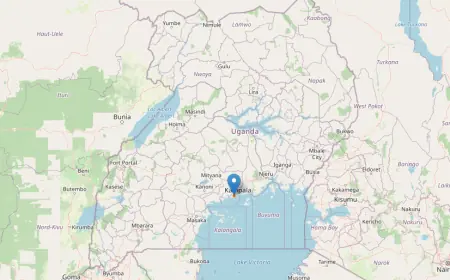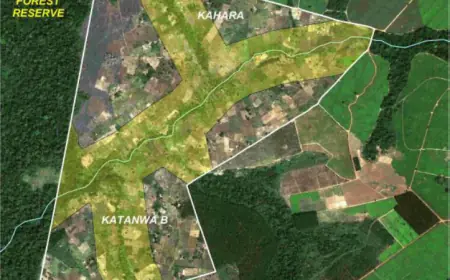Maramagambo Central Forest Reserve
Established as a protected area in the Rukungiri District in the Western Region of Uganda, the Maramagambo Central Forest Reserve spans an impressive area of 152 square kilometers.
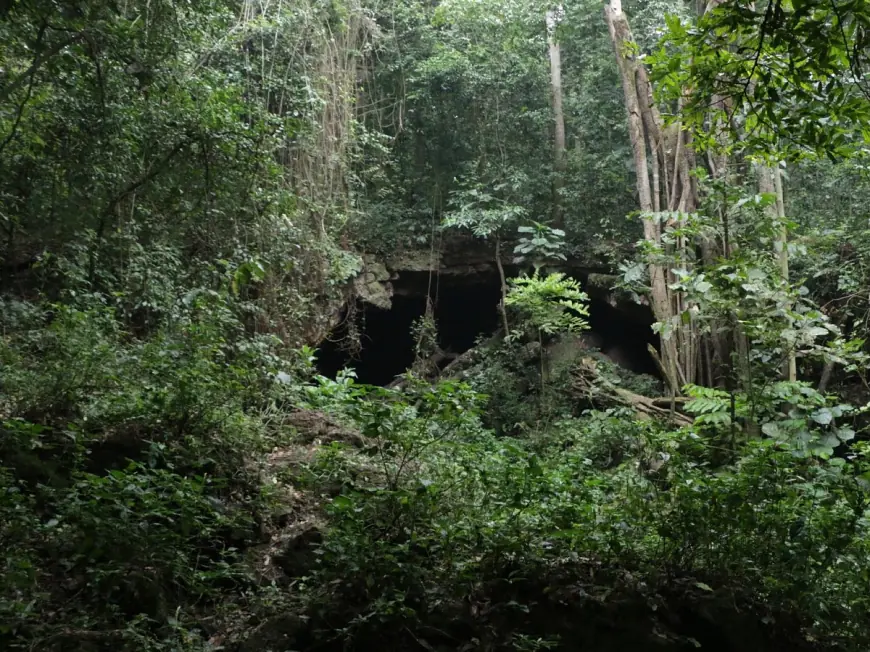
In the heart of Uganda, where the equator kisses the land, lies a treasure often overlooked by the casual observer. This treasure is the Maramagambo Central Forest Reserve, a sanctuary of nature’s bounty that tells a tale of resilience, biodiversity, and the harmonious coexistence of man and nature.
Setting and Structure
Established as a protected area in the Rukungiri District in the Western Region of Uganda, the Maramagambo Central Forest Reserve spans an impressive area of 152 square kilometers. This semi-evergreen forest reserve is a testament to Uganda’s rich biodiversity and commitment to environmental conservation.
Flora and Fauna
The forest reserve is a haven for a variety of ecosystems, hosting a myriad of species. From the smallest of insects to the largest of mammals, the reserve is teeming with life. It provides a vital habitat for a variety of plants, crabs, flies, and animal species, supporting biodiversity conservation.
Role in Local Communities
The Maramagambo Central Forest Reserve is not just a sanctuary for wildlife but also a lifeline for the local communities that surround it. Known for providing herbal medicine to treat various illnesses, the forest reserve also satisfies the subsistence needs of local people for forest products.
Location and Management
The forest reserve borders the Kigezi Wildlife Reserve and stretches from southwest of Lake Edward, south from the Kigezi Wildlife Reserve toward the Bwindi Impenetrable Forest and Kashoya-Kitomi Central Forest Reserve, and east of Lake George. It is managed by both the National Forestry Authority (NFA) and the Uganda Wildlife Authority (UWA).
Challenges
Despite its importance, the Maramagambo Central Forest Reserve faces significant challenges. During the COVID-19 pandemic in 2020, the forest reserve was encroached upon. Trees were cut for timber, fencing poles, firewood, handwalking sticks, and charcoal. Part of this forest reserve has been cleared to make way for agricultural crops and pasture.
Conclusion
The Maramagambo Central Forest Reserve is a shining example of Uganda’s rich biodiversity and commitment to environmental conservation. Despite the challenges it faces, there is hope for its future. With continued efforts in management and conservation, the Maramagambo Central Forest Reserve will continue to thrive, providing a sanctuary for wildlife and a lifeline for local communities for generations to come.
What's Your Reaction?
 Like
0
Like
0
 Dislike
0
Dislike
0
 Love
0
Love
0
 Funny
0
Funny
0
 Angry
0
Angry
0
 Sad
0
Sad
0
 Wow
0
Wow
0
